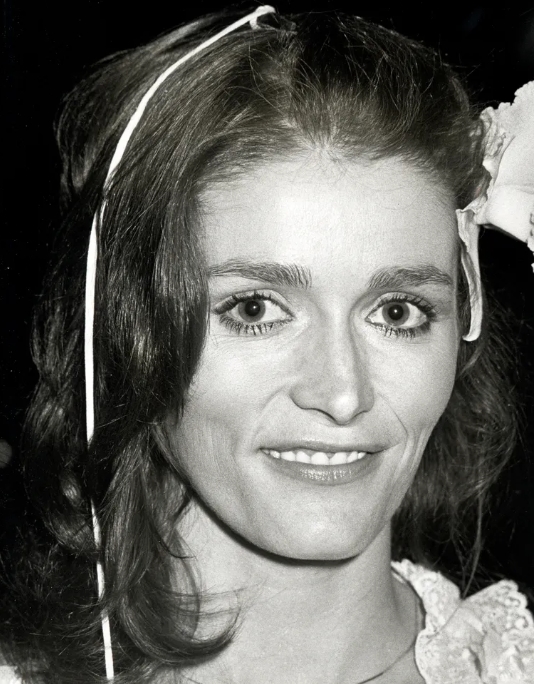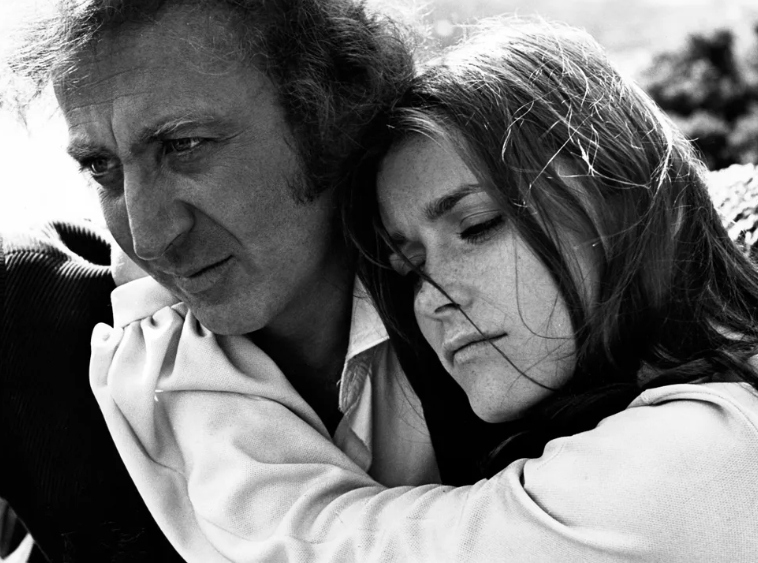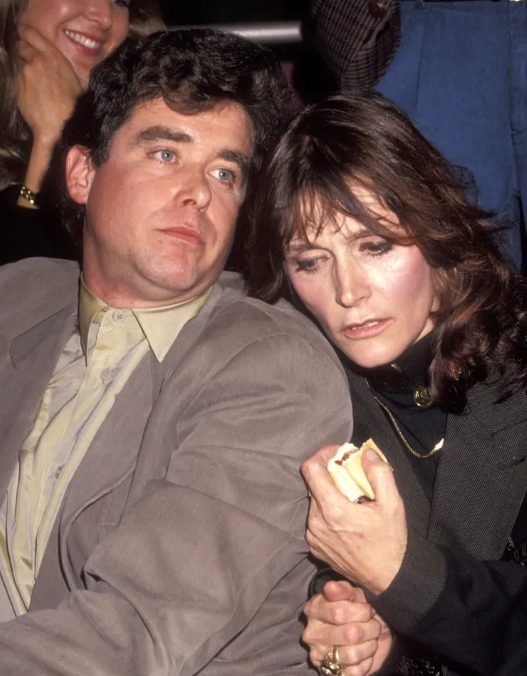Margot Kidder, forever etched in Hollywood history as Superman’s intrepid Lois Lane, lived a life of remarkable highs and devastating lows. From a childhood marked by intense emotions and a brief retreat from acting after early criticism, Kidder found her passion on stage, leading her to a breakthrough role in Brian De Palma’s “Sisters” before achieving iconic status in 1978’s “Superman.” However, beyond the glamour, Kidder privately battled lifelong mental health struggles, a battle that would eventually lead to a deeply personal and public crisis in the mid-1990s.

In April 1996, Kidder’s disappearance triggered a frantic search, culminating in the heartbreaking discovery of the disoriented actress taking refuge among the homeless in Los Angeles. This episode, precipitated by the traumatic loss of years of work on her memoir due to a computer virus, brought her lifelong struggle with mental health into stark relief. Following her rescue, Kidder began a journey toward recovery, grappling with the impact of her manic episodes on her family, particularly her daughter. Despite the challenges, she faced her reality with a raw honesty, acknowledging the cyclical nature of her mental health while striving for stability.

Despite her powerful performances and the enduring legacy of Lois Lane, Kidder often found herself defined by her mental health struggles in the public eye, a stark contrast to the resilience celebrated in her “Superman” co-star, Christopher Reeve. However, those who knew her recognized a far more complex and resilient individual, a woman who consistently found her way back from the depths of her personal battles. In her later years, Kidder sought solace in the quiet beauty of Montana, dedicating herself to political activism and becoming an outspoken advocate for mental health awareness, openly sharing her own experiences to help others.


Living in Montana, at the foot of Canyon Mountain, Kidder developed a deep connection with the local wolf population, often leaving food for them. This connection inspired an unusual final wish: to have her body wrapped in a bedsheet and left on the mountain to become food for the wolves. This desire reflected her deep love for the natural world and a wish to return to it in a unique and personal way. Sadly, when she passed away at the age of 69 in May 2018, her death was ruled a suicide due to a self-inflicted overdose, and her unconventional final wish went unfulfilled.

Margot Kidder’s legacy remains a multifaceted one, far beyond the sharp-witted Lois Lane or the tabloid headlines. She was a woman who embraced life’s extremes, passionately advocated for her beliefs, and ultimately sought peace in the landscape she loved. While her passing was marked by the difficult truth of her long battle with mental illness, the memories of her talent, her advocacy, and her unique spirit endure, painting a portrait of a complex and caring individual who left an indelible mark on Hollywood and beyond.
